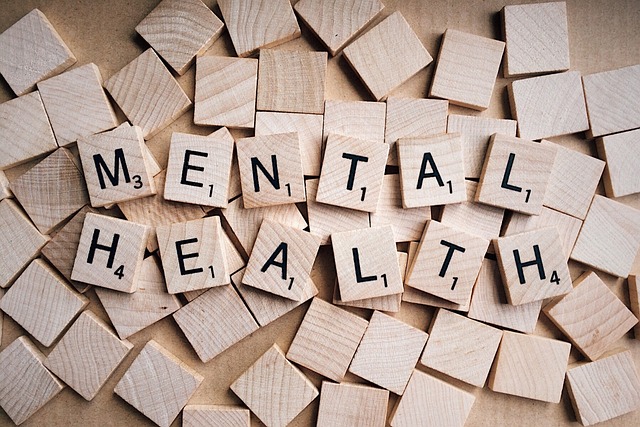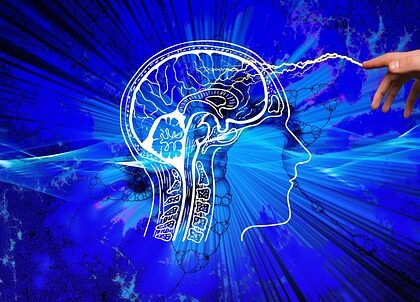Analyzing statistical data on how education affects the psychological state and level of happiness of students.
Introduction:
Education plays an important role in everyone’s life, affecting their psychological well-being and overall well-being. This topic explores how education affects various aspects of psychology, including self-esteem, emotional well-being, motivation, and happiness levels. Analyzing statistical data in this area reveals links between educational experiences and psychological well-being.
Psychological development in the learning environment:
Research shows that the quality of education can have a significant impact on personal development. Statistical data can provide insight into how a successful learning environment contributes to the development of positive character traits, self-confidence, and critical thinking in students.
Education and psychological health:
Statistical studies can analyze the impact of education on psychological health. For example, correlations between educational attainment and the risk of developing psychological disorders can be investigated, and how education can serve as a protective factor against psychological problems can be determined.
Education and motivation:
Comparing statistics on the motivation of students with different levels of education can reveal which aspects of the learning process may encourage students to excel and remain interested in learning.
Education and happiness levels:
Analyzing statistics can show how education affects people’s overall sense of happiness. By examining data on the quality of education and happiness rates, it can be determined how successful education is related to standard of living and satisfaction.
Impact of pedagogical methods:
Statistical studies can help determine which pedagogical methods and approaches contribute to the best psychological well-being of students. This may include analysis of the effectiveness of interactive methods, individualized instruction, and teacher support.
Gender aspects:
Examining statistics can reveal gender differences in perceptions and the impact of education on psychological well-being. This can help in creating more inclusive educational programs and approaches.
Role of social factors:
Social context also influences psychological well-being through education. Statistics allow us to examine how factors such as economic status, cultural background, and access to education affect psychological status.
Educational transitions and adjustment:
Analyzing statistics can help to understand how transitions between different levels of education (e.g., from high school to college) affect students’ adjustment and psychological status.
Investigating these and other aspects will provide further insight into how education interacts with psychological well-being, as well as identify opportunities to improve educational approaches to support students’ psychological well-being.




